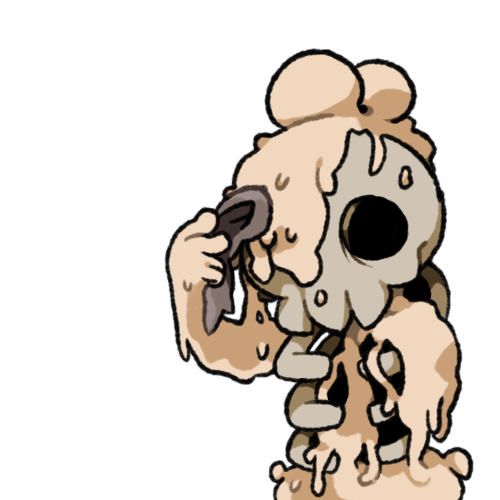
While this weakening of the immune profile is linked with cancer and heart disease, researchers say it is also associated with increased risk of pneumonia, reduced efficacy of vaccines and declining organ function. When a person grows older, their immune system weakens because there are too many "worn-out" white blood cells circulating and not enough "fresh" white blood cells or T cells to take on new invaders, according to the study. Researchers say the immune system "naturally begins a dramatic downgrade" as people age in a condition known as immunosenescence. The findings were published Monday in peer-reviewed journal Proceedings of the National Academy of Sciences. He added that the findings clarify the "mechanisms" involved in accelerated immune aging, and can help to identify points of intervention. Age-related changes in the immune system play a critical role in declining health," said lead author and USC postdoctoral scholar Eric Klopack in a press release. "As the world's population of older adults increases, understanding disparities in age-related health is essential. The study, conducted by researchers out of University of Southern California (USC), suggests this may explain age disparities in illnesses, such as the unequal death toll of the pandemic on seniors.

So every year in Western Australia 50,000 people are impacted by suicide.Social stress, such as that resulting from traumatizing events, work anxiety, everyday worries and discrimination, can accelerate aging of the immune system, according to a new study that suggests this may potentially increase one's risk of cancer, cardiovascular disease and illness from infections, including COVID-19. "So 135 people indicate that they feel significant loss and grief around the person who has suicided. "Every time a person suicides, research shows there are 135 impacted by that," Ms MacGregor said. It was just the reassurance they gave me at Lifeline, that they would listen."Ībout 400 people are expected to take part in the Out of the Shadows walk in King's Park this weekend, for people affected by the suicide of a loved one. "They didn't see me two or three hours driving to the sale in tears over nothing, what I thought was nothing. "As an auctioneer, they saw the face that I put on for an auction and the laughter and the joy," he said. Mr Holly said he had been to his friends for help, but they only saw his fun side. "I remember the words 'hang in there', it was down to earth, and as I say, these days there's always light at the end of the tunnel, whether it be a small light, it's always there," he said. Mr Holly said his depression meant he still had good and bad days, but had learnt to manage the highs and the lows better. I was still quite upset and in tears and it just made such a life-changing difference, it really did." "I felt like I was speaking to a family member that had all the care in the world. "And we can see sometimes that there can be maybe 200 calls that haven't been answered because we just don't have crisis support volunteers on the phone on that particular day.Īuctioneer Tiny Holly says calling Lifeline changed his life for the better. "You can see there's been over 2,000, maybe 2,500 calls in to Lifeline in a day," Mr Rechichi said. He said Lifeline believed suicide was preventable, but more needed to be done to provide prevention and intervention and also a service to support people after they had attempted to take their life. "You can get very, very confronting calls, where someone on the end of that line, their life is hanging on a shoestring, they've come to the end of the line, they see no other option other than to take their lives by suicide and so we talk to them," Mr Rechichi said. "One of the reasons, we believe, is that Western Australians are rugged individualists, they think they have to do it tough and think they have to do it on their own, of course they don't have to do that."ĭon Rechichi has volunteered as a Lifeline support worker for the past year. "While Western Australia has the second highest suicide rate in the country, sadly West Australians are less likely to call the 13 11 14 crisis line," Ms MacGregor said.

With the state's changing economic conditions, Lifeline said they had seen more crisis calls from people suffering financial stress. Lifeline CEO Lorna MacGregor says WA has Australia's second highest suicide rate.


 0 kommentar(er)
0 kommentar(er)
